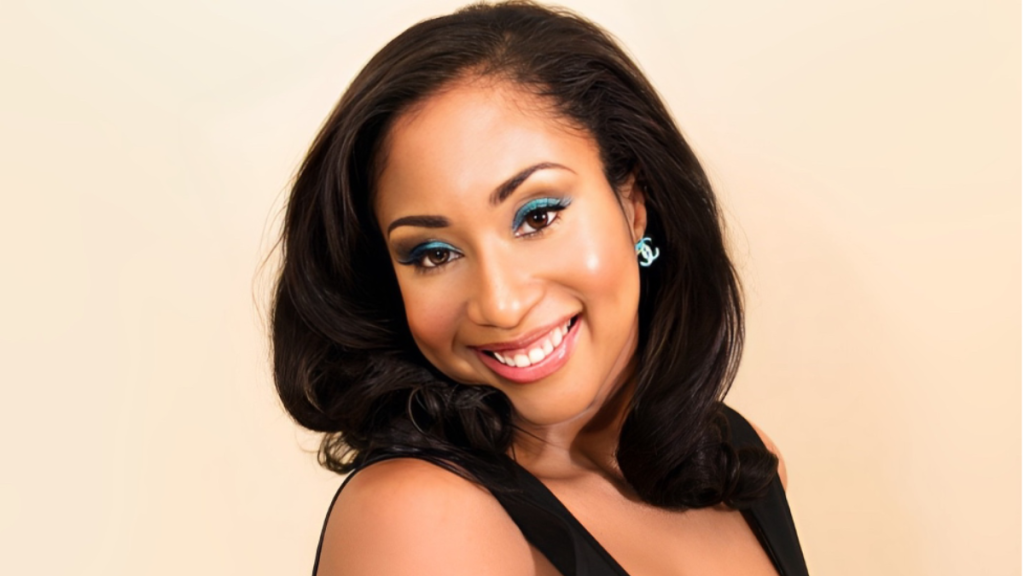The Intertwined Relationship of Stress and Hair
Most people are familiar with the old wives’ tale that stress can turn your hair gray, but the relationship between stress and hair health goes far deeper than that. Beyond affecting hair color, prolonged stress and mental health issues can lead to hair loss, diminished shine, and even altered types of hair texture. Our tresses, which often serve as a canvas of our overall health, significantly react to our mental and emotional state. It’s imperative to understand the implications of this connection to preserve the beauty and health of our mane.
Diverse Impact on Different Types of Hair
Each individual possesses a unique hair type, and the way stress affects these various types can vary. The different hair encompasses a broad spectrum – from straight to curly, coarse to fine, and everything in between. For instance, kinky curly hair, which is inherently more prone to dryness, might become even drier and more brittle under excessive stress. Similarly, someone with fine hair might experience accelerated hair thinning when faced with chronic anxiety or depression. Recognizing how stress impacts your specific hair type can aid in targeted care and prevention.
The Biological Underpinnings
When our body perceives stress, it releases the hormone cortisol. Elevated levels of cortisol can disrupt the natural growth cycle of hair follicles. Typically, hair goes through growth, rest, and shedding phases. An imbalance in cortisol can push more hairs into the shedding phase prematurely, leading to noticeable hair loss.
Additionally, stress might lead to certain scalp conditions like dandruff or telogen effluvium, a condition characterized by significant hair shedding due to a shock to the system, which could be emotional or physical. When mental health deteriorates, it can also lead to habits like hair pulling or twisting, known as trichotillomania, further exacerbating hair health issues.
Tips and Strategies for Managing Stress for Hair Health
1. Regular Scalp Massages: Incorporate weekly scalp massages using oils like jojoba or coconut. This not only stimulates blood flow, promoting hair growth, but also offers a relaxing ritual to alleviate stress.
2. Balanced Diet: A nutrient-rich diet plays a pivotal role in hair health. Incorporate foods high in biotin, omega-3 fatty acids, and antioxidants. These nutrients not only bolster hair health but also aid in managing stress.
3. Physical Activity: Regular exercise can drastically reduce cortisol levels. Whether it’s a brisk walk, yoga, or a high-intensity workout, physical activity can be a two-fold solution for both mental well-being and hair health.
4. Mindfulness and Meditation: Meditation, deep breathing exercises, and other relaxation techniques can significantly reduce stress and its manifestation on physical appearance, including the hair.
5. Haircare Routine Adjustments: Depending on your hair type, consider products that target specific concerns. For instance, if stress is making your curly hair drier, invest in deep-conditioning treatments. If thinning is a concern for fine hair, look for volumizing products or treatments that promote hair growth.
In Conclusion
The intricate relationship between stress, mental health, and hair is undeniable. As stress manifests differently across various types of hair, understanding this relationship can be the key to maintaining luscious locks. By integrating stress-reducing strategies into our daily lives and tweaking our hair care routines, we can better manage our mental health and in turn, cherish a healthier, shinier mane.

